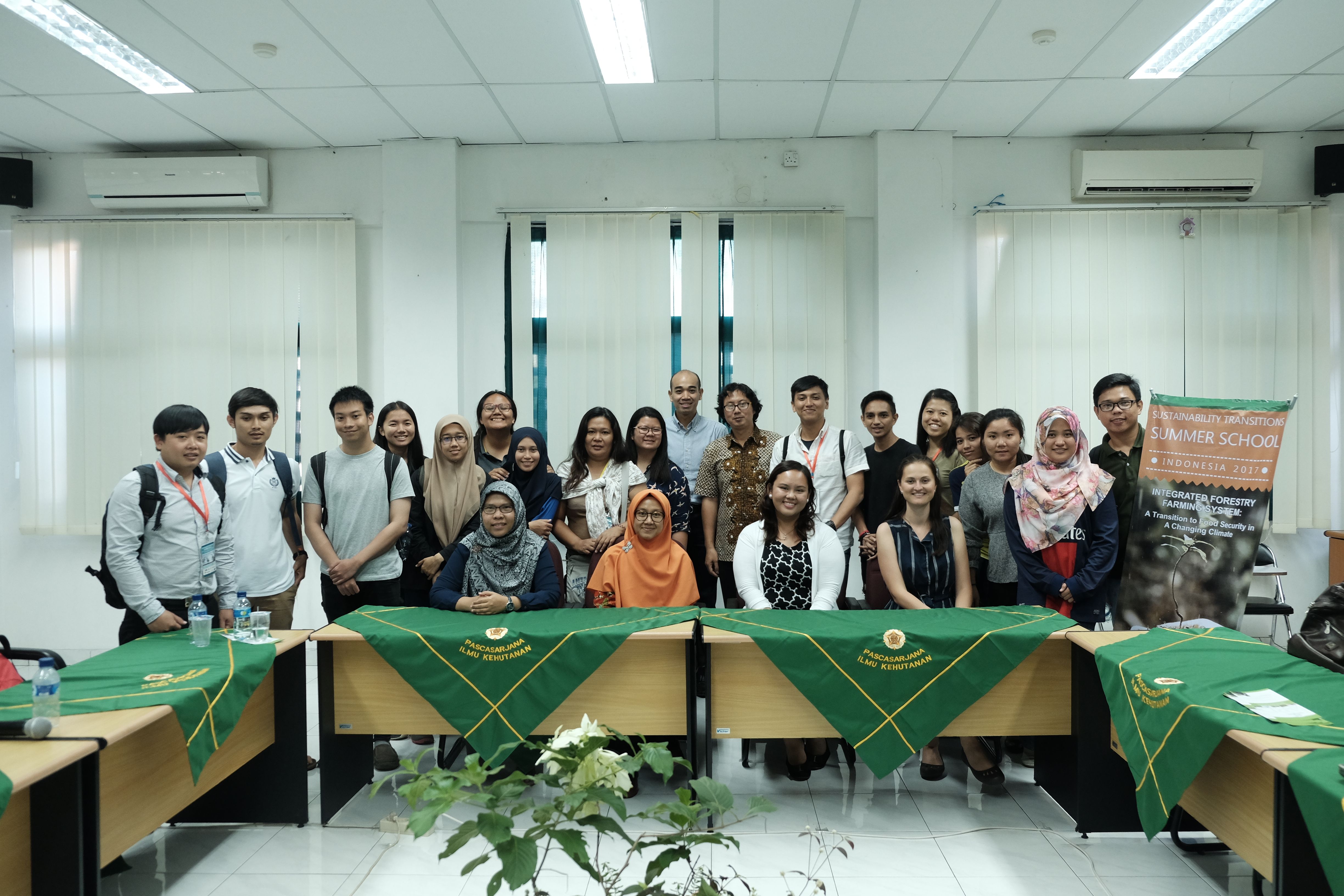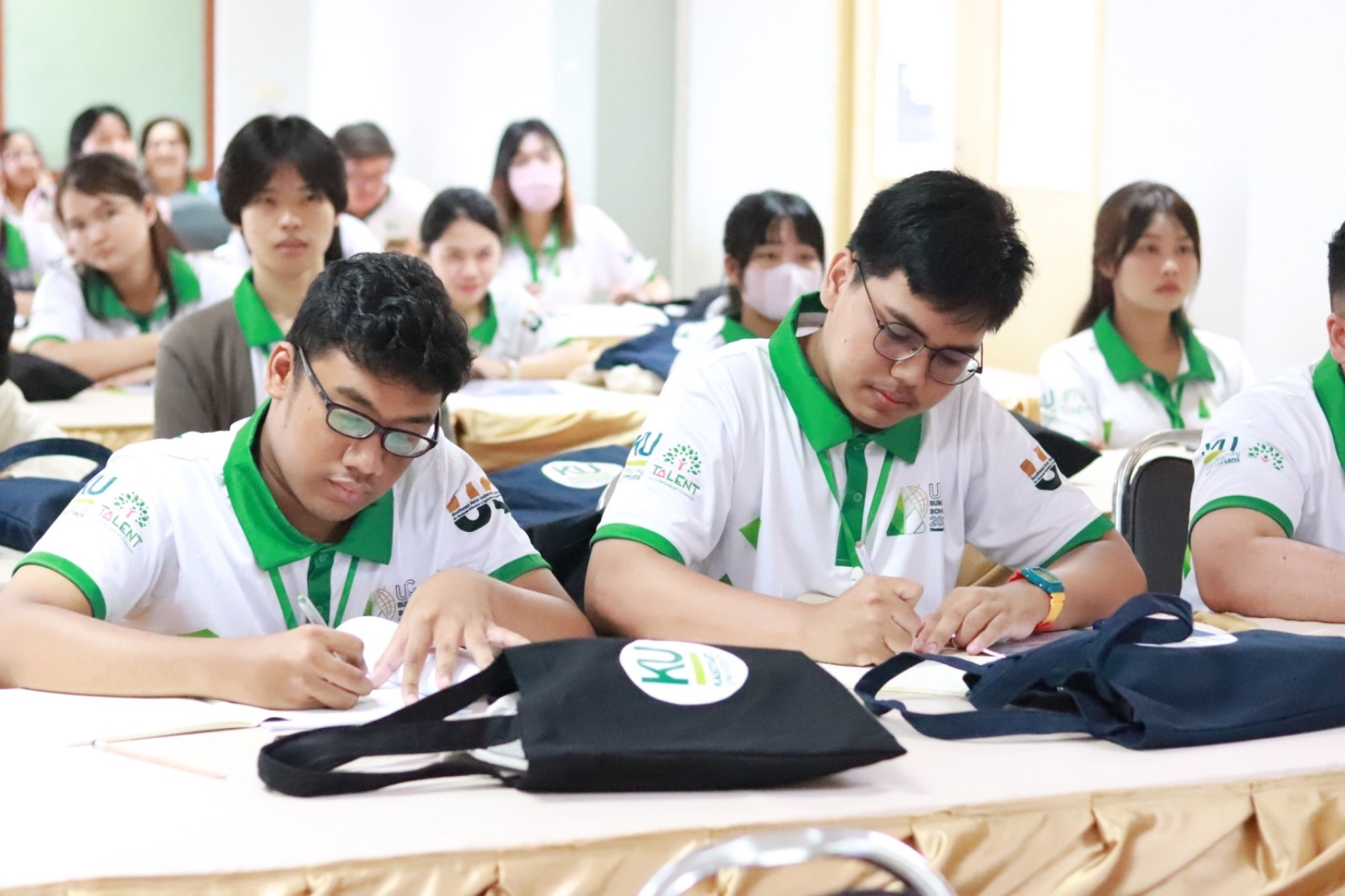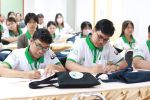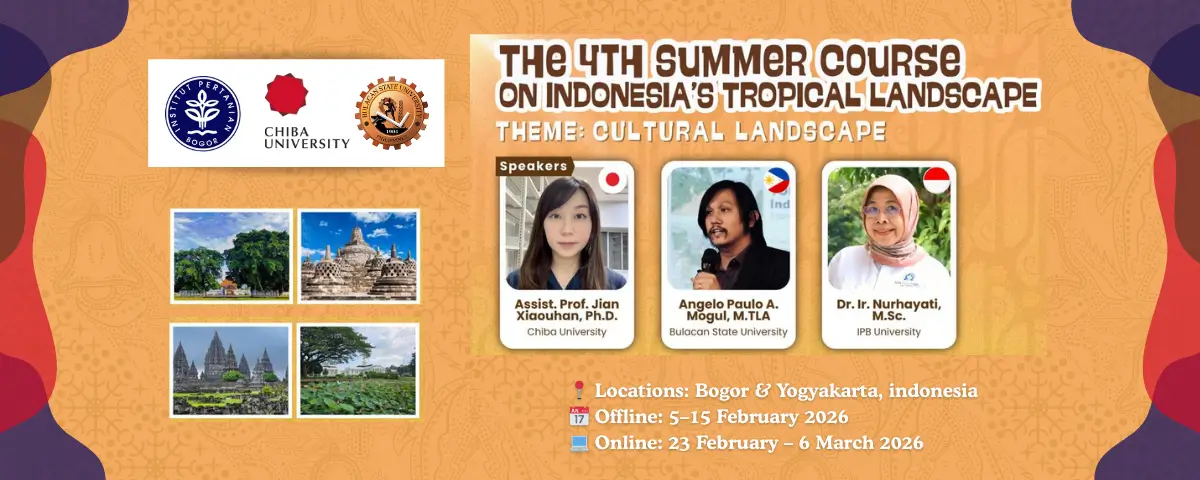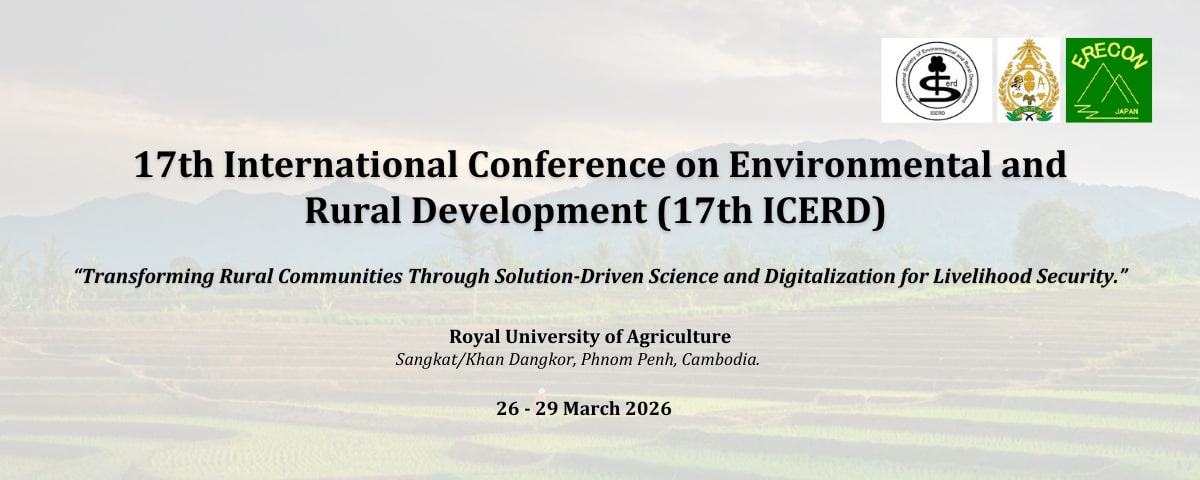A project funded by the European Commission's ERASMUS + Capacity Building for Higher Education from 2016 to 2019
The project was designed to help develop the next generation of high-quality, interdisciplinary professionals able to address the imposing challenges of climate change and food security in their country and the Southeast Asian region.
The project was an initiative of the Southeast Asian University Consortium for Graduate Education in Agriculture and Natural Resources (UC), led by Kasetsart University (KU) and SEARCA. It is envisaged to be a joint degree among the members of the UC, namely: KU in Thailand, Universiti Putra Malaysia (UPM), University of the Philippines Los Baños (UPLB), Institut Pertanian Bogor (IPB), and Universitas Gadja Mada (UGM) both in Indonesia. Other project partners include six (6) other universities in Southeast Asia, three (3) universities from Europe, the French institute IAVFF-AGREENIUM, and AGRINATURA — a consortium of European universities.
MS FSCC Activities
MS FSCC was first offered as a dual/double degree using the MS programmes already recognized at the different FSCC Universities. The joint study program was simultaneously developed for accreditation in the Universities. It involves a compulsory mobility for students in at least two universities, co-supervision of thesis and conferment of a joint degree. Students also had the opportunity to study in a partner European university for a semester.
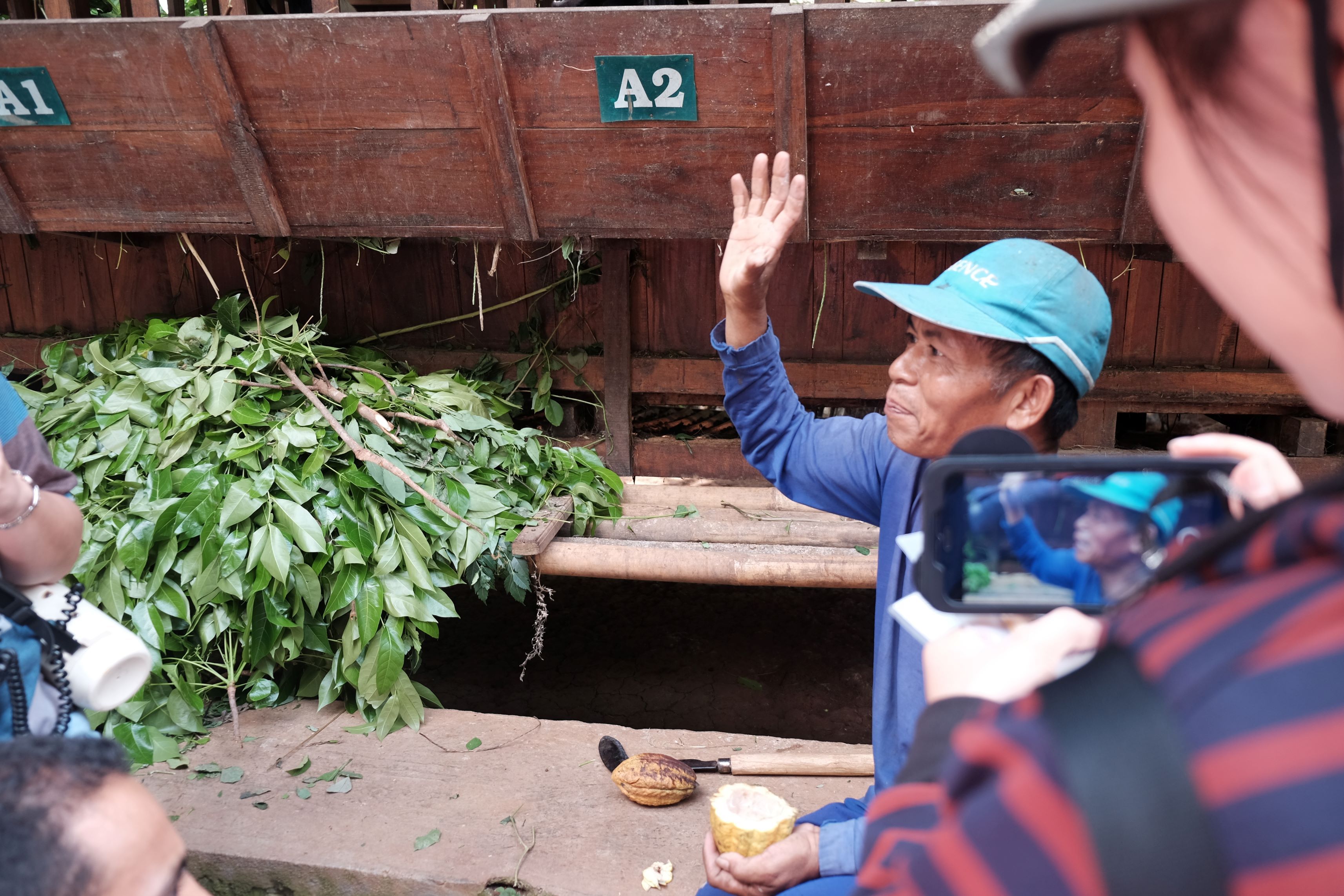
For the duration of the project, a total of 119 students were trained. 81 of these (degree and non-degree) were under the MS FSCC project while 21 were under SEARCA's Institutional Development Assistance (IDA) program, 9 as UC non-MSFSCC delegates, and 8 were funded by a European Institution.
55 individuals participated in the one-semester mobility. Mobilities from SEA to EU Universities were participated by 28 individuals with Montpellier SupAgro directly funding 15 of them. Mobilities from EU universities to SEA were participated by 5 individuals. There were also 119 delegates who joined the Summer Schools from 2017-2019, some attending more than once as part of the MS FSCC requirements. Lastly, 95 lecturers underwent training from 2017-2019.
